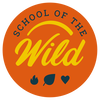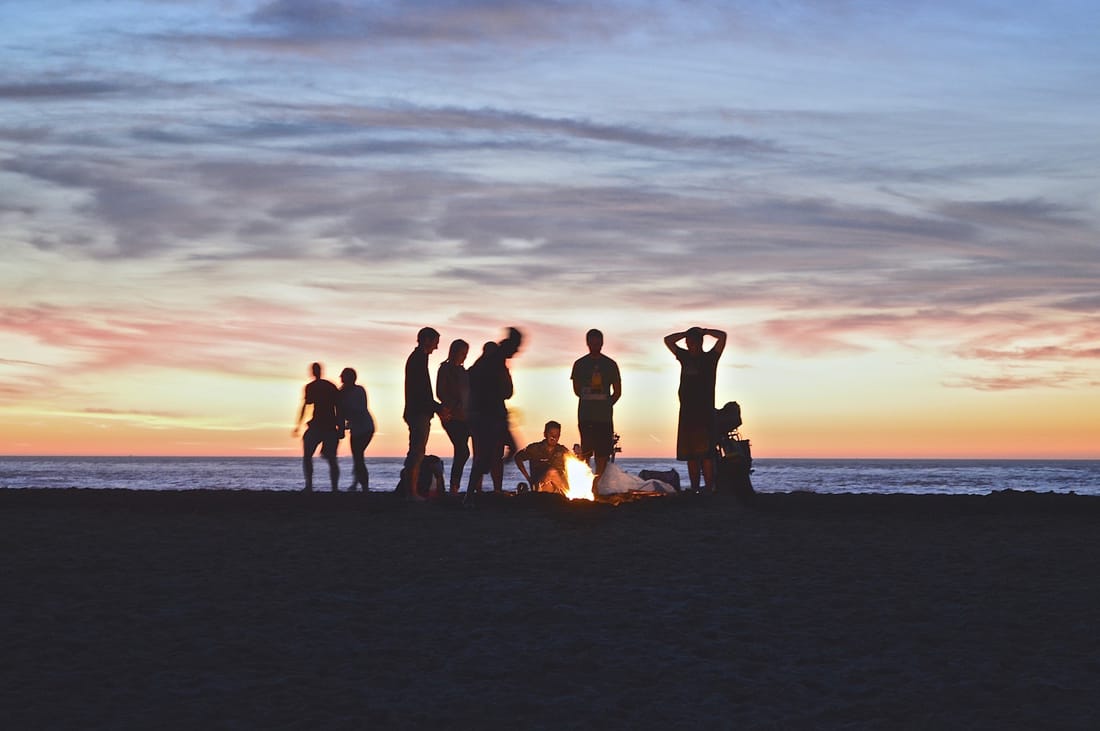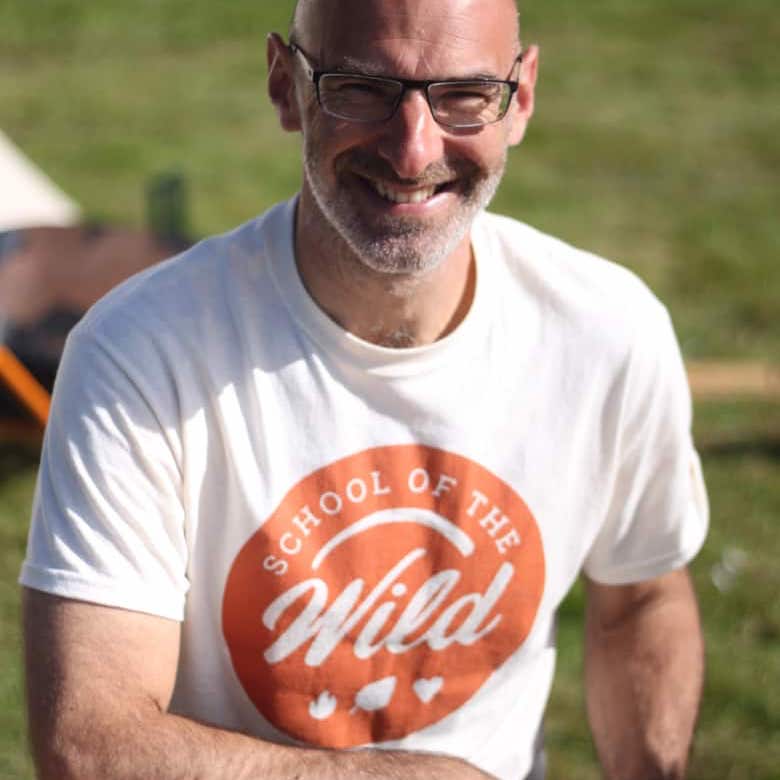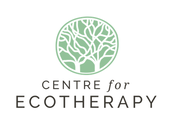2016: A Year of Turmoil, Interesting Times and Why We Need the Peace of Wild Things More Than Ever15/12/2016
There's an old Chinese curse: 'May you live in interesting times.' 2016 has certainly seen its fair share of interest. Brexit, Trump about to enter the White House, Syria, a rise in nationalism and popularism... to name just a few events that show the way we've believed the world to be, is perhaps not how it is. It could be tempting to see these as a blip, in an arc of history that we think always tends towards peace and justice, but as Paul Kingsnorth writes in this blog on the Dark Mountain Project there are deeper issues that need addressing: "When I look at the state of the world right now, I see an arc bending towards something that dwarfs any parochial concerns about particular presidential elections or political arrangements between human nations, and which should put those events into deep perspective. I see a grand planetary shift that has not been seen for millions of years. I see that half the world’s wildlife has gone, and half the world’s forests, and half the world’s topsoil. I see that we have perhaps two generations of food left before we wear out the rest of that topsoil.
I see 10 billion people needing to be fed. I see the highest concentration of carbon in the atmosphere since humans evolved. I see coming waves of political and cultural turmoil resulting from all of this, which makes me fear for my children, and sometimes for myself." At times like these, connecting with nature has never been more important. Wendell Berry explains why in his poem The Peace of Wild Things: The Peace of Wild Things by Wendell Berry When despair for the world grows in me and I wake in the night at the least sound in fear of what my life and my children’s lives may be, I go and lie down where the wood drake rests in his beauty on the water, and the great heron feeds. I come into the peace of wild things who do not tax their lives with forethought of grief. I come into the presence of still water. And I feel above me the day-blind stars waiting with their light. For a time I rest in the grace of the world, and am free. Comments are closed.
|
Author & CuratorNigel Berman is the founder of School of the Wild. Archives
March 2024
|
Leaders |
About Us
Support |
|



 RSS Feed
RSS Feed



